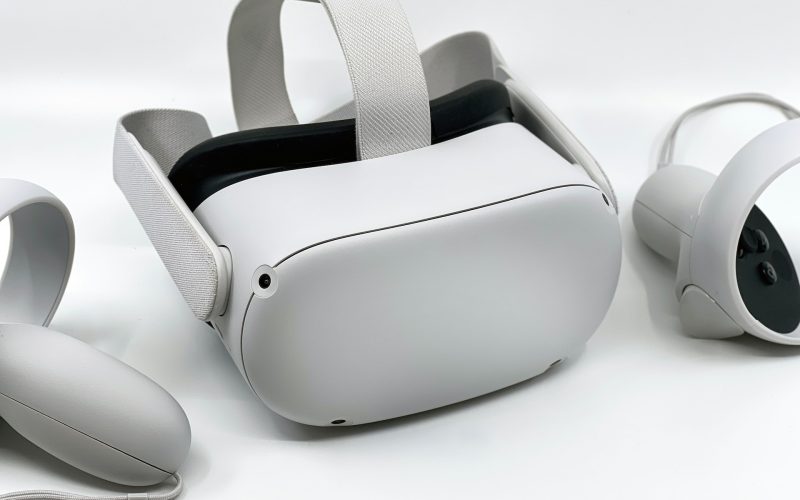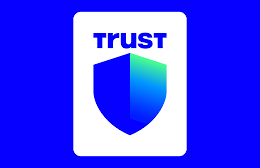In a move that could revolutionize the education landscape, Meta (formerly Facebook) is making waves with its ambitious plans to integrate the metaverse into the world of learning. By leveraging virtual reality (VR) technology, Meta aims to unlock a new realm of possibilities for educators and students alike. This article delves into Meta’s vision for the metaverse, its potential impact on education, and the exciting opportunities it presents for transforming the way we learn.
The metaverse, a concept that has captured the collective imagination for years, refers to a virtual universe where individuals can interact with each other and the environment in real-time. Meta envisions a future where the metaverse seamlessly merges with our daily lives, offering boundless opportunities for communication, collaboration, and exploration.
Meta’s metaverse holds immense potential in the realm of education. Traditional classrooms often struggle to engage students and cater to their individual learning styles. By integrating VR technology into education, Meta seeks to create immersive learning environments that captivate students’ attention and foster active participation. Through virtual simulations, students can explore historical events, conduct scientific experiments, and engage in interactive learning experiences that bring concepts to life.
Imagine students stepping into the virtual shoes of historical figures, witnessing significant events firsthand, and gaining a deep understanding of the past. Visualizing complex scientific concepts in three-dimensional virtual environments could enhance comprehension and spark curiosity. The metaverse has the power to transform education by offering students an immersive and interactive learning experience that transcends the limitations of traditional classrooms.
Meta’s metaverse also has the potential to address the barriers of distance and access to quality education. Virtual classrooms can bridge the gap between students in remote or underserved areas and high-quality educational resources. Students who previously faced geographical constraints can now access top-notch educational experiences, empowering them with the knowledge and skills necessary for success.
However, the realization of Meta’s metaverse vision for education is not without challenges. Technological advancements are necessary to create truly immersive and realistic experiences within the virtual environment. Achieving lifelike graphics, seamless interactions, and intuitive interfaces will be crucial in delivering a compelling and effective educational experience.
Moreover, privacy and ethical considerations must be at the forefront of Meta’s metaverse development. As students engage in virtual learning experiences, safeguarding their personal information and ensuring data privacy becomes paramount. Meta must take proactive steps to address these concerns and prioritize the protection of user data within the metaverse.
Collaboration and partnerships will also play a vital role in Meta’s metaverse journey. Cooperation between Meta, educational institutions, and industry leaders can foster innovation, knowledge sharing, and the development of best practices. By working together, stakeholders can ensure that the metaverse’s transformative potential in education is maximized while addressing challenges and ethical concerns.
Meta’s ambitious vision for the metaverse represents a paradigm shift in education. By harnessing the power of VR technology and combining it with its vast resources, Meta has the potential to revolutionize learning. The metaverse offers exciting possibilities for immersive, personalized, and engaging educational experiences that have the potential to spark curiosity, deepen understanding, and foster lifelong learning.
As Meta continues to pave the way for the integration of the metaverse into education, the possibilities are endless. The metaverse holds the potential to unlock a new era of learning, transcending the boundaries of traditional classrooms and providing students with opportunities for exploration, collaboration, and creativity. By embracing this transformative technology, education can be taken to new heights, empowering students to thrive in an increasingly digital and interconnected world.












